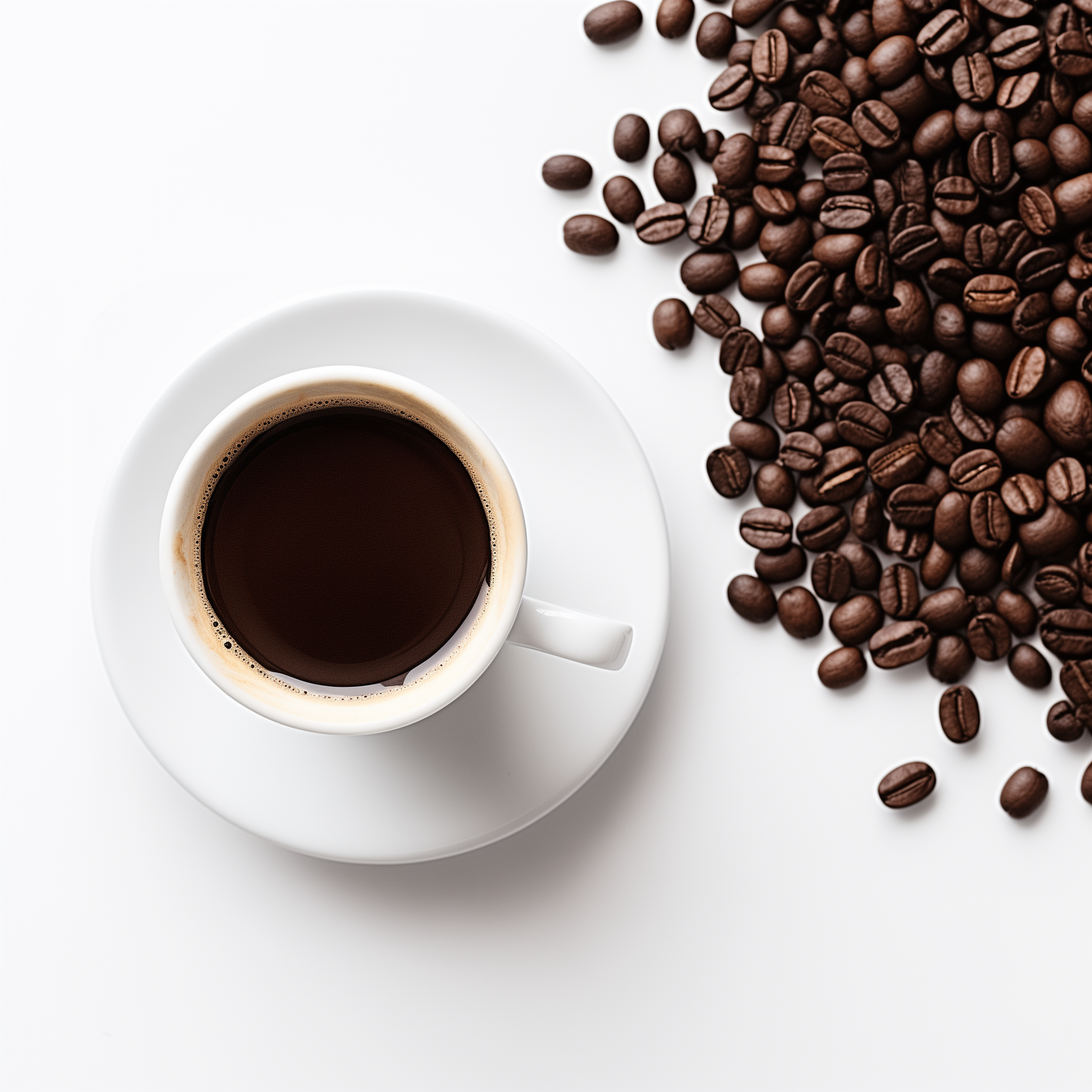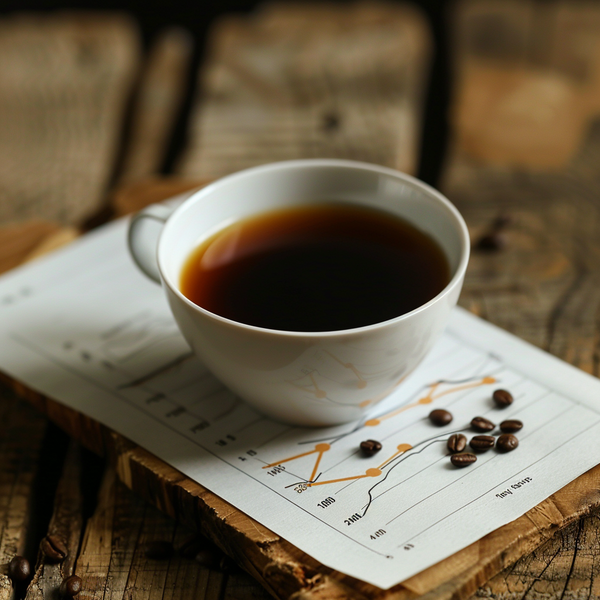
Exploring High-Caffeine Beverages: From Coffee to Energy Drinks
Exploring High-Caffeine Beverages: From Coffee to Energy Drinks
In today's fast-paced world, many people rely on caffeinated beverages to keep up with their busy schedules. Whether you prefer coffee, energy drinks, or caffeine supplements, finding the right high-caffeine option can make a significant difference in your day. Here's a comprehensive guide to the most caffeinated drinks available, including some excellent options from Red Dragon Nutritionals.

Coffee: The Classic High-Caffeine Choice
What Coffee Has the Most Caffeine?
When it comes to coffee, some varieties pack a more powerful punch than others. The highest caffeine coffee often comes from brands specifically marketed for their high caffeine content. For example, Devil Mountain Coffee is renowned for its extremely high caffeine levels.
Best Instant Coffee with Most Caffeine
If you prefer instant coffee, look for brands like Nescafé or Starbucks VIA, which offer high-caffeine options. These are convenient and can provide a quick energy boost.
High Caffeine Espresso
Espresso shots are a concentrated source of caffeine. Typically, a double shot of espresso has around 150-200mg of caffeine, making it an excellent choice for a quick and strong caffeine fix.
Energy Drinks: High-Octane Options
What Energy Drink Has the Most Caffeine?
Energy drinks are another popular source of caffeine. Some of the highest caffeine energy drinks include Bang Energy and Reign Total Body Fuel, each containing around 300mg of caffeine per can.
Is Red Bull High in Caffeine?
Red Bull is a well-known energy drink, but it has a moderate caffeine content compared to others, with about 80mg per 8.4 oz can.
Mountain Dew with Most Caffeine
Mountain Dew offers a variety of caffeinated beverages. Mountain Dew Kickstart contains 90mg of caffeine per 16 oz can, providing a decent energy boost.
High-Caffeine Supplements
Natrol Caffeine
For those who prefer a controlled dosage, caffeine supplements like Natrol Caffeine provide 200mg of caffeine per tablet. This is an easy way to get a precise caffeine dose without the extra calories or sugar found in some drinks.
Specialty Coffees and High-Caffeine K-Cups
Best High-Caffeine Coffee K-Cups
For convenience, K-Cups are a popular choice. Brands like Death Wish Coffee offer K-Cups with high caffeine content, perfect for a quick and strong cup of coffee.

Which Nespresso Pod Has the Most Caffeine?
Nespresso pods vary in caffeine content. The Kazaar pod is known for having one of the highest caffeine contents among Nespresso offerings, with about 120mg per serving.
Comparing Caffeine Content: Coffee vs. Energy Drinks
Is Black Coffee High in Caffeine?
Black coffee is naturally high in caffeine. An average 8 oz cup contains about 95mg of caffeine, but this can vary depending on the brewing method and coffee type.
Which Drink Has the Highest Caffeine Content?
When comparing beverages, energy drinks like Bang Energy and Reign Total Body Fuel typically have the highest caffeine content per serving. However, certain coffee brands and brewing methods can also deliver a significant caffeine punch.
Tips for Choosing High-Caffeine Beverages
- Check Labels: Always check the caffeine content on the label to ensure you're getting the desired amount.
- Consider Your Tolerance: If you're sensitive to caffeine, start with lower doses and gradually increase to find your optimal intake.
- Stay Hydrated: High caffeine intake can lead to dehydration, so be sure to drink plenty of water throughout the day.
Conclusion
Whether you prefer coffee, energy drinks, or supplements, there are plenty of high-caffeine options to suit your needs. From the powerful espresso shots and high-caffeine K-Cups to the potent energy drinks and convenient caffeine tablets, you can find the perfect beverage to keep you energized. Explore the range of high-caffeine supplements at Red Dragon Nutritionals to boost your energy levels and enhance your performance.
For more tips and product recommendations, stay tuned to our blog and keep your caffeine game strong!
Frequently Asked Questions about High-Caffeine Beverages
Q1: What coffee has the most caffeine?
Devil Mountain Coffee is known for having extremely high caffeine levels, making it one of the strongest coffee options available.
Q2: What energy drink has the most caffeine?
Bang Energy and Reign Total Body Fuel are among the highest caffeine energy drinks, each containing around 300mg of caffeine per can.
Q3: Is black coffee high in caffeine?
Yes, black coffee is naturally high in caffeine. An average 8 oz cup contains about 95mg of caffeine, although this can vary based on the brewing method and coffee type.
Q4: Which Nespresso pod has the most caffeine?
The Kazaar pod from Nespresso is known for its high caffeine content, with about 120mg per serving.
Q5: Are caffeine supplements a good alternative to high-caffeine drinks?
Yes, caffeine supplements like Natrol Caffeine provide a controlled dosage of 200mg per tablet, offering a precise way to consume caffeine without extra calories or sugar.

Leave a comment